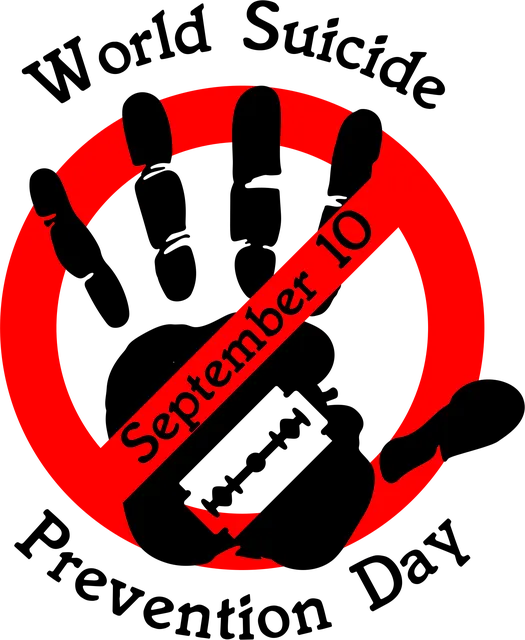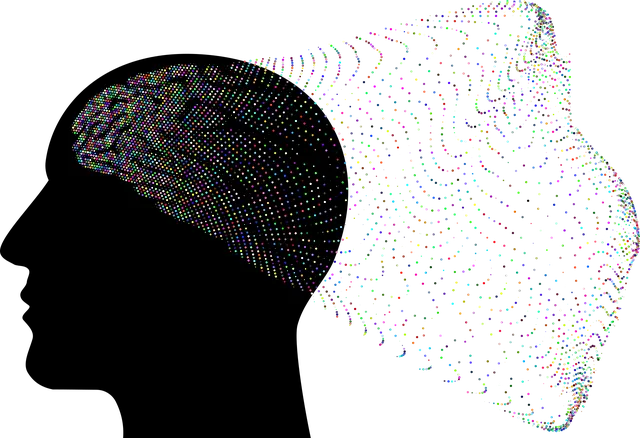Kaiser Permanente mental health Northglenn focuses on building resilience through the Recovery-Focused Model, offering programs like Social Skills Training and Trauma Support Services. They empower individuals with coping strategies and emotional understanding to navigate life's challenges, reducing anxiety and enhancing overall well-being through holistic care.
In today’s fast-paced world, mental resilience is paramount. One powerful framework gaining traction in mental health care is RFM (Resourceful Adaptation and Management), focusing on fostering adaptability and coping strategies. This article explores how organizations like Kaiser Permanente and Northglenn, a community-focused initiative, are implementing RFM through unique resilience-building exercises. By delving into these approaches, we uncover strategies that promote long-term mental wellbeing, offering valuable insights for healthcare professionals and communities alike, particularly in the context of Kaiser Permanente’s mental health services in Northglenn.
- Understanding RFM in Mental Health Care
- Kaiser Permanente's Approach to Resilience Building
- Northglenn: A Community Focused Model
- Implementing Exercises for Long-Term Wellbeing
Understanding RFM in Mental Health Care

At Kaiser Permanente mental health Northglenn, we recognize that building resilience is a cornerstone of comprehensive mental wellness care. RFM, or Recovery-Focused Model, serves as our guiding framework for designing effective Mental Health Education Programs. This approach prioritizes empowering individuals with coping strategies and social skills to navigate life’s challenges, fostering an environment where growth and healing can flourish.
Our tailored exercises go beyond traditional therapy methods, incorporating Social Skills Training to enhance interpersonal interactions and reduce anxiety. We believe that understanding and managing one’s emotions, along with developing effective communication skills, are vital components of a robust mental health strategy. Through these initiatives, Kaiser Permanente Northglenn strives to equip individuals with the tools they need for long-term resilience, ultimately improving their overall well-being.
Kaiser Permanente's Approach to Resilience Building

Kaiser Permanente, a renowned healthcare organization, has been at the forefront of integrating mental health services into its comprehensive care model. Located in Northglenn, their approach to resilience building is a prime example of empowering individuals to navigate life’s challenges. The program focuses on holistic well-being, acknowledging that mental resilience is an essential component of overall health. By offering Trauma Support Services and promoting Mental Wellness, Kaiser Permanente equips individuals with coping skills development strategies tailored to their unique experiences.
This initiative goes beyond traditional therapy by creating a supportive environment where participants can build mental fortitude. Through various exercises, they foster an understanding of trauma’s impact and provide tools to cultivate resilience. The program’s effectiveness lies in its ability to cater to diverse needs, ensuring that individuals from all walks of life gain the confidence to cope with stress and adversity.
Northglenn: A Community Focused Model

Northglenn stands as a shining example of community-focused resilience building, with Kaiser Permanente at its core. This innovative model prioritizes mental health and well-being by engaging the entire Northglenn community in exercises designed to foster empathy and reduce the stigma surrounding mental illness. Through collaborative efforts, residents actively participate in activities that enhance their emotional strength and coping mechanisms, ultimately leading to improved mental resilience.
By integrating Kaiser Permanente’s expertise in mental health services with local community initiatives, Northglenn has created a supportive ecosystem where individuals can find solace and support. These inclusive programs not only address the symptoms of anxiety relief but also delve into the root causes of stress and trauma. The result is a more cohesive and empathetic society, where members actively support one another through Mental Illness Stigma Reduction Efforts, ultimately strengthening the fabric of their shared community.
Implementing Exercises for Long-Term Wellbeing

Implementing exercises for long-term wellbeing is a crucial aspect of mental health care, and Kaiser Permanente Northglenn recognizes this. Beyond acute interventions like crisis intervention guidance or risk management planning for mental health professionals, they prioritize sustained strategies to foster resilience among their patients. Activities such as journaling have proven effective in promoting mental wellness, offering individuals a personal space to process emotions, reflect on experiences, and track progress over time. This form of Mental Wellness Journaling Exercise Guidance can be a powerful tool for building long-term coping mechanisms and enhancing overall wellbeing.
By integrating these practices into their services, Kaiser Permanente Northglenn aligns with the broader goal of empowering individuals to manage their mental health proactively. Such initiatives not only support patients’ short-term recovery but also equip them with valuable skills to navigate future challenges, ensuring a more resilient and adaptable mindset. This holistic approach is in line with the organization’s commitment to delivering comprehensive care that addresses both the mind and body for optimal wellbeing.
The implementation of RFM and resilience-building exercises, as demonstrated by Kaiser Permanente’s successful model in Northglenn, offers a promising approach to enhancing mental health care. By combining evidence-based practices with community engagement, this strategy promotes long-term wellbeing. Adopting these methods can significantly impact individuals’ resilience, especially in communities like Northglenn, ultimately leading to improved mental health outcomes.






